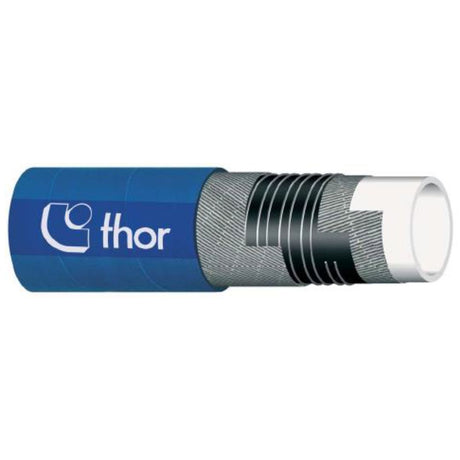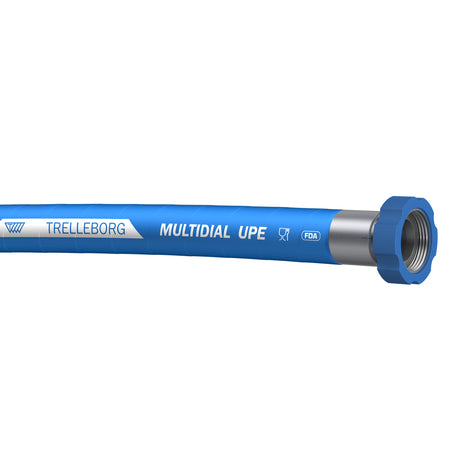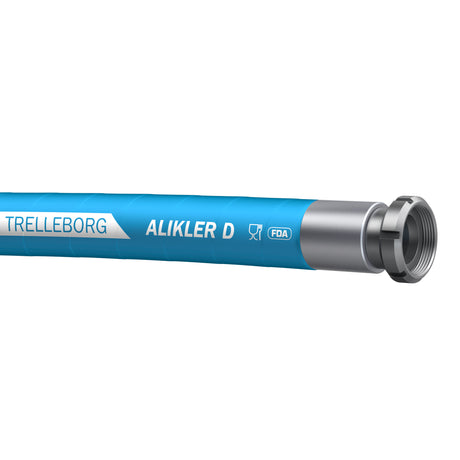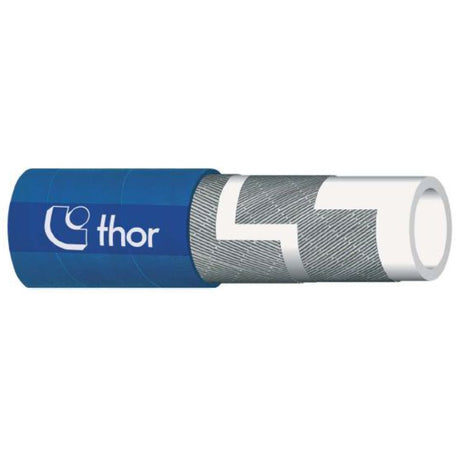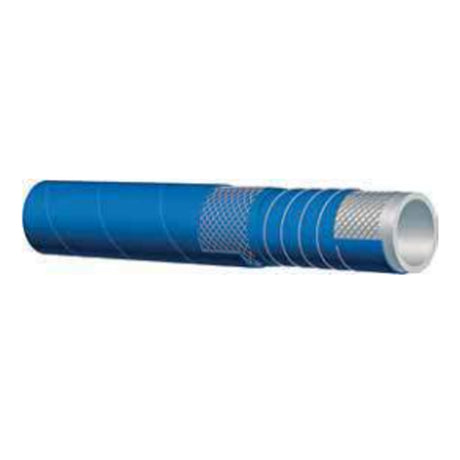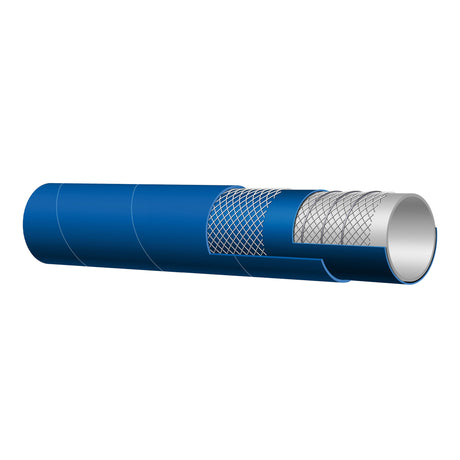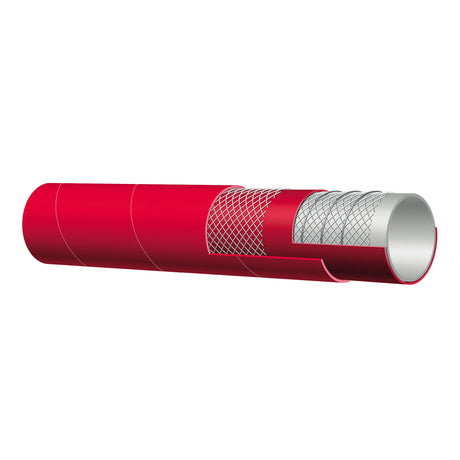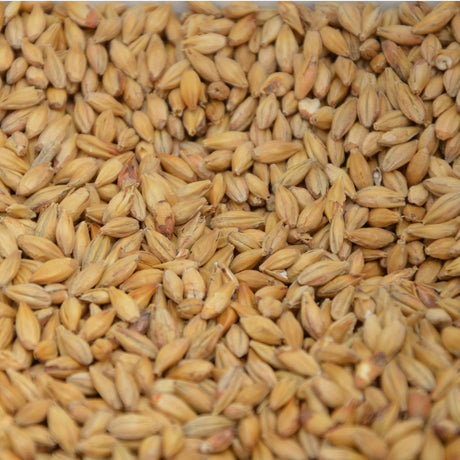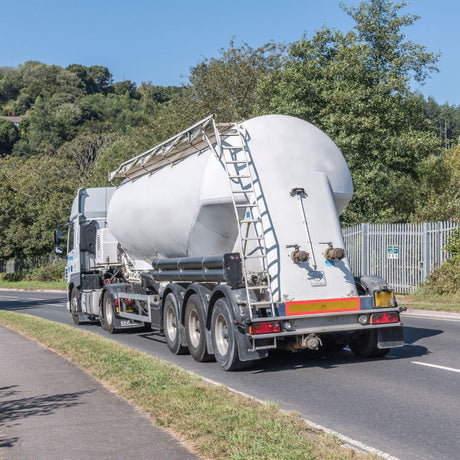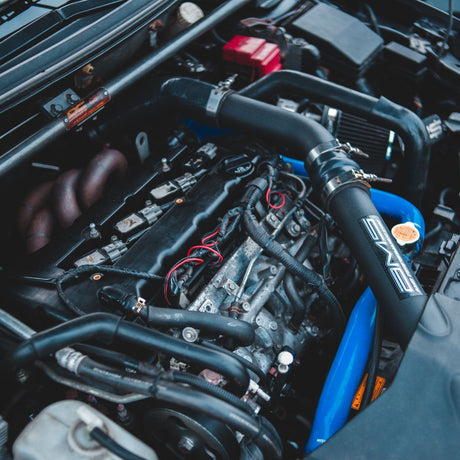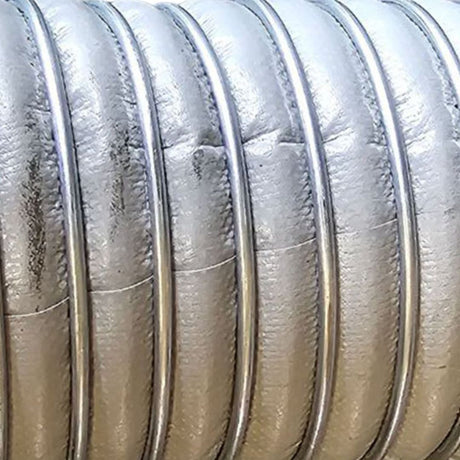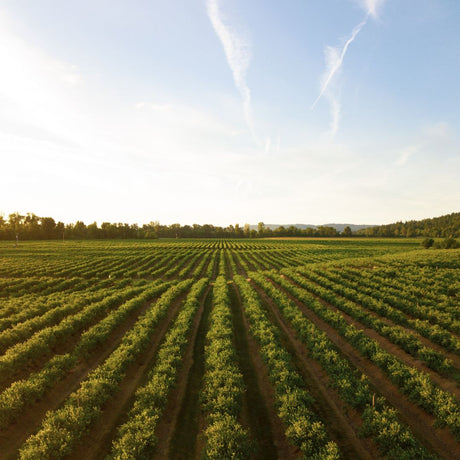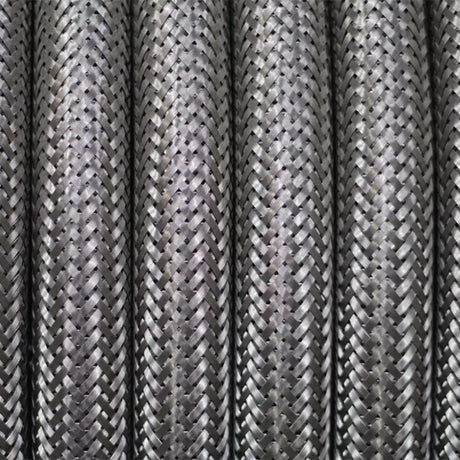
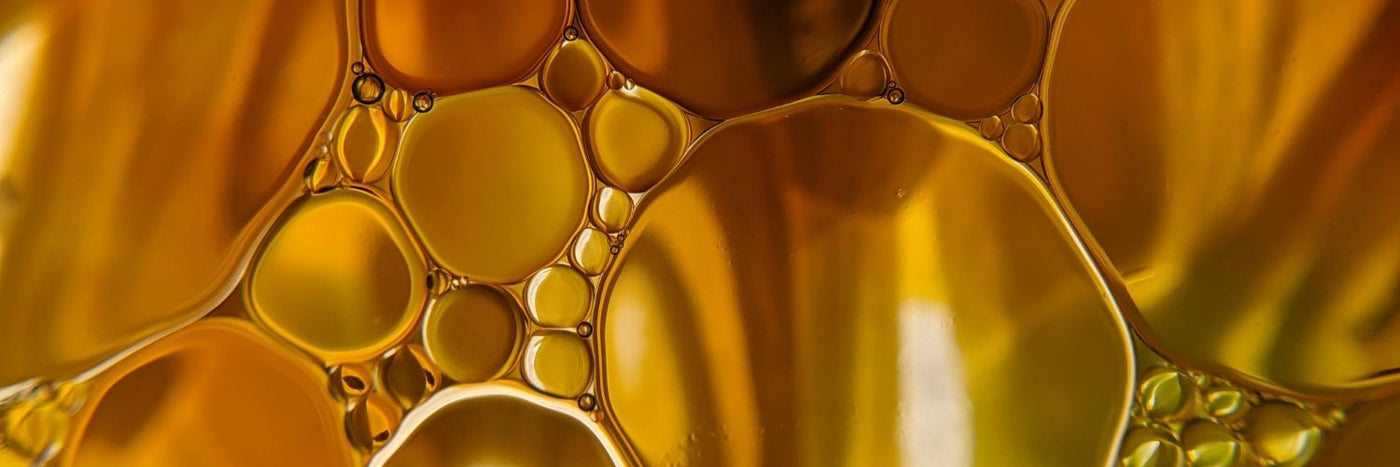
Fatty Food Hoses
Fatty food hoses are specialized hoses designed to handle the transfer of fatty and oily foods like edible oils, dairy products, and meat products. They are commonly used in the food and beverage industry to ensure that fatty foods are transferred safely and hygienically. These hoses are made of materials that are resistant to fats, oils, and other food-related substances, making them suitable for their intended purpose.
- Featured
- Best selling
- Alphabetically, A-Z
- Alphabetically, Z-A
- Price, low to high
- Price, high to low
- Date, old to new
- Date, new to old
FiltersFilter & Sort
Thor T5707HF Highly Flexible S&D Food Hose 10 Bar (150 psi)
£0.00Unit price /UnavailableMultidial UPE Trelleborg S&D Liquid Food Hose 10 Bar (150 psi)
£0.00Unit price /UnavailableAlikler D Trelleborg Delivery Liquid Food Hose 15 Bar (220 psi)
£0.00Unit price /UnavailableThor T373 Oil Resistant Delivery Food Hose 10 Bar (150psi)
£0.00Unit price /UnavailableAlfagomma 417LE Crush Resistant S&D Fat Food Hose 16 Bar (240 psi)
£0.00Unit price /UnavailableAlfagomma 405LE S&D Fat Food Hose 10 Bar (150 psi)
£0.00Unit price /UnavailableAlfagomma 405LH S&D Fat Food Hose 10 Bar (150 psi)
£0.00Unit price /Unavailable
Interested in a Quote?
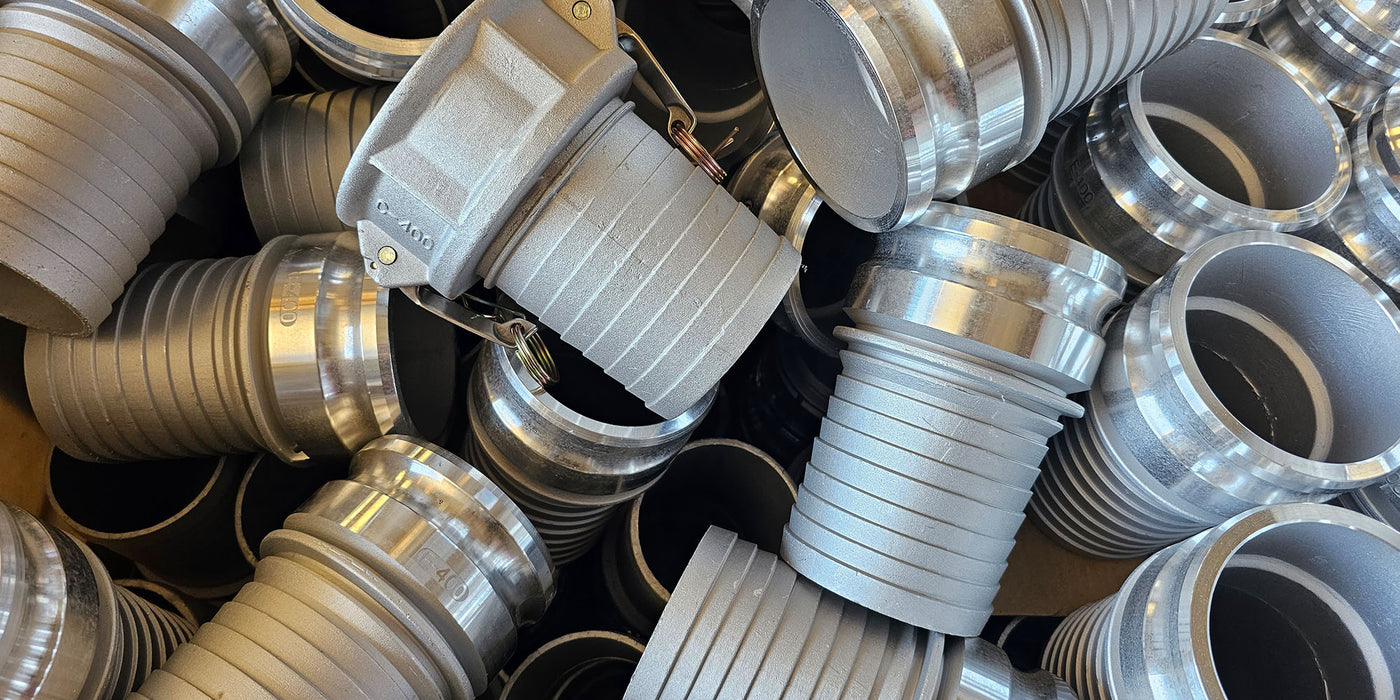
Hose Couplings & Fittings
Hose couplings and fittings are essential components used to connect, adapt, or control the flow of fluid in various hose assemblies. These components can be found in a myriad of applications such as water supply, hydraulic systems, and industrial processes. Couplings come in different shapes, materials, and sizes - ranging from simple clamps and sleeves to more complex quick-connect or threaded fixtures.
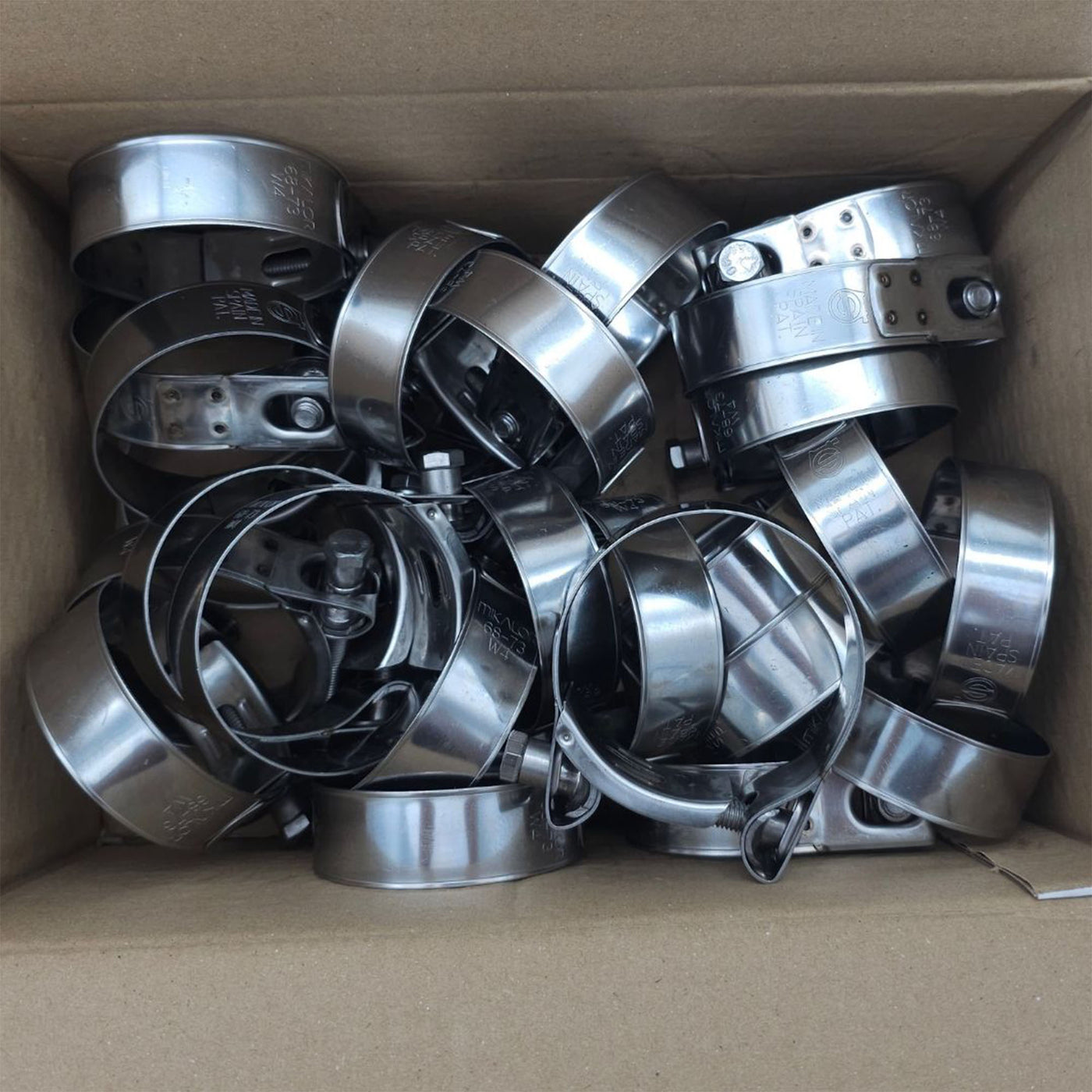
Hose Clips & Clamps
Hose clips and clamps are mechanical devices specifically designed to secure hoses onto fittings, thereby preventing unwanted fluid leakage or detachment. These components are vital in various applications, such as automotive systems, industrial machinery, and plumbing. Made from materials like stainless steel, plastic, or even heavy-duty rubber, hose clips and clamps can range from simple wire forms to more elaborate quick-release or adjustable types.
Shop our Catalogue
- Hoses
- Clips & Clamps
- Couplings & Fittings
- Tanker Parts
- Industrial Hoses
- Ducting
- PVC Hoses
- Hose Accessories
- Hose Manufacturers
- Clips & Clamps
- Clamp Material
- Manufacturer
- Couplings
- Fittings
- Hose Carriers
- Valves
- Aeration & Filters
- Bowls, Outlet & Discharge
- Tanker Body Parts
- Chassis Body Parts
- Engine Parts
-
 Bulk Material Hoses
Bulk Material Hoses
-
 Food Safe Hoses
Food Safe Hoses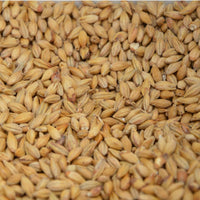
-
 Silo Vehicle Hoses
Silo Vehicle Hoses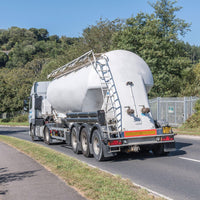
-
 Water & Liquid Hoses
Water & Liquid Hoses
-
 Automotive Hoses
Automotive Hoses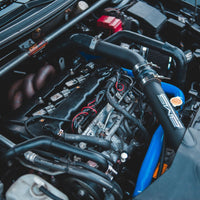
-
 Composite Hoses
Composite Hoses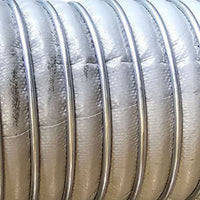
-
 Agricultural Hoses
Agricultural Hoses
-
 Stainless Steel Hoses
Stainless Steel Hoses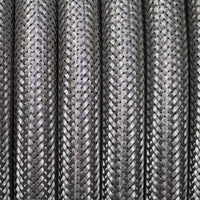
-
 Abrasion Resistant (PU) Ducting
Abrasion Resistant (PU) Ducting
-
 Anti-static Ducting
Anti-static Ducting
-
 Food & Pharma Ducting
Food & Pharma Ducting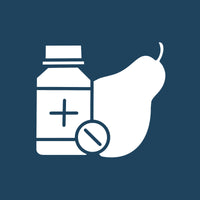
-
 High Temperature Ducting
High Temperature Ducting
-
 Ventilation Ducting
Ventilation Ducting
-
 Suction & Delivery Hoses
Suction & Delivery Hoses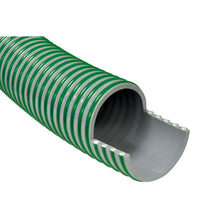
-
 Wire Reinforced Hoses
Wire Reinforced Hoses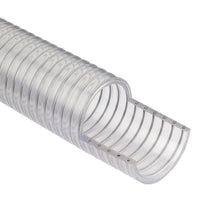
-
 Braided & Tubing Hoses
Braided & Tubing Hoses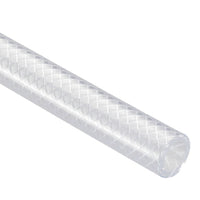
-
 Layflat Hoses
Layflat Hoses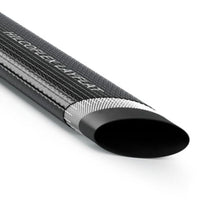
-
 Whipcheck Safety Cables
Whipcheck Safety Cables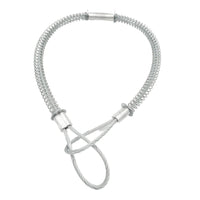
-
 Anti-Scuff
Anti-Scuff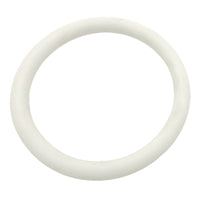
-
 ID Tags
ID Tags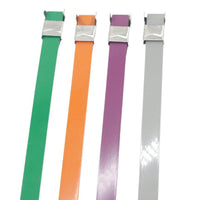
-
 Alfagomma
Alfagomma
-
 Griflex
Griflex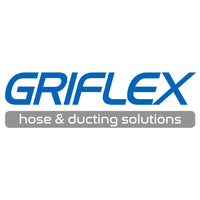
-
 IVG
IVG
-
 Thor
Thor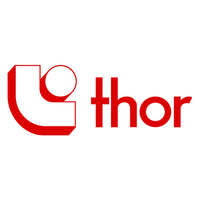
-
 Trelleborg
Trelleborg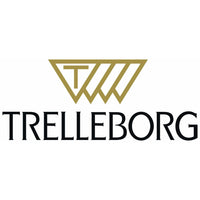
-
 Copely
Copely
-
 Continental
Continental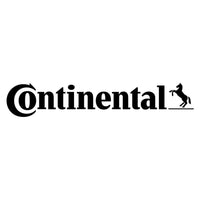
-
 Gollmer & Hummel
Gollmer & Hummel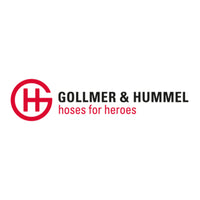
-
 Masterflex
Masterflex
-
 Band-it
Band-it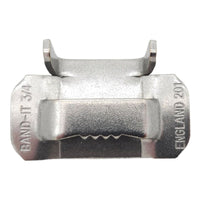
-
 Constant Tension Clamps
Constant Tension Clamps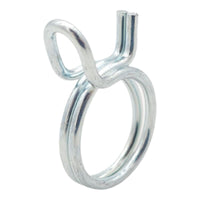
-
 Ear 'O' Clips
Ear 'O' Clips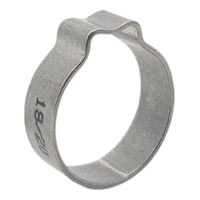
-
 P-Clips
P-Clips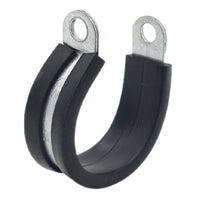
-
 T Bolt Clamps
T Bolt Clamps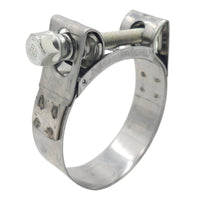
-
 T Screw Clamps
T Screw Clamps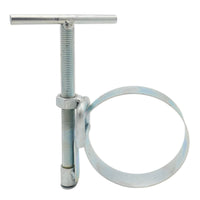
-
 Worm Drive Clamps
Worm Drive Clamps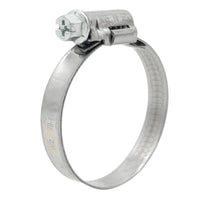
-
 Safety Clamps
Safety Clamps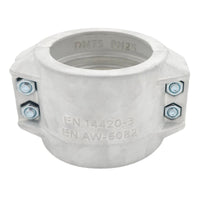
-
 W1 - Mild Steel
W1 - Mild Steel
-
 W2 - Part Stainless (430)
W2 - Part Stainless (430)
-
 W3 - Full Stainless (430)
W3 - Full Stainless (430)
-
 W4 - Full Stainless (304)
W4 - Full Stainless (304)
-
 W5 - Full Stainless (316)
W5 - Full Stainless (316)
-
 Mikalor
Mikalor
-
 JCS
JCS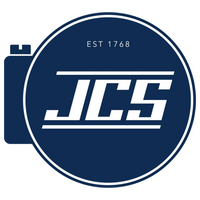
-
 Norma
Norma
-
 Unicone Couplings
Unicone Couplings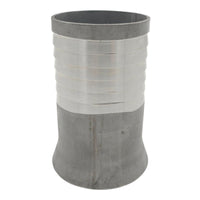
-
 Bauer Couplings
Bauer Couplings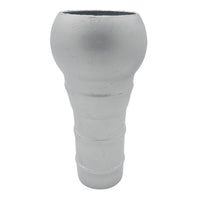
-
 BSP Couplings
BSP Couplings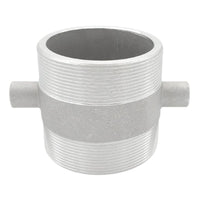
-
 Camlock Couplings
Camlock Couplings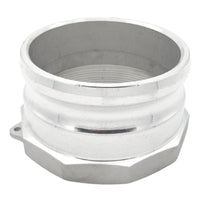
-
 Geka Couplings
Geka Couplings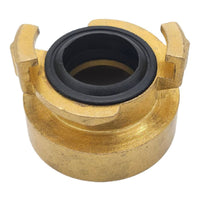
-
 Guillemin Couplings
Guillemin Couplings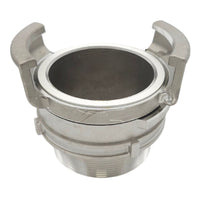
-
 Instantaneous Couplings
Instantaneous Couplings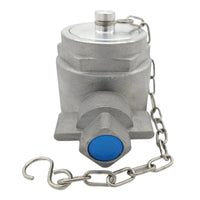
-
 Lever Lock Couplings
Lever Lock Couplings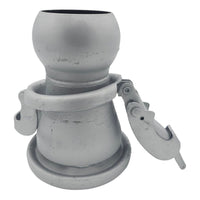
-
 RJT Couplings
RJT Couplings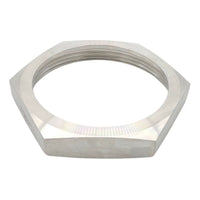
-
 DIN 11851 Couplings
DIN 11851 Couplings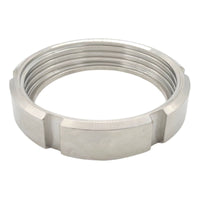
-
 SMS Couplings
SMS Couplings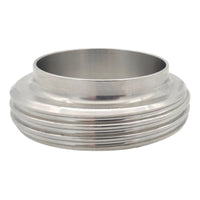
-
 Storz Couplings
Storz Couplings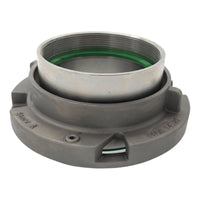
-
 Tank Wagon Couplings
Tank Wagon Couplings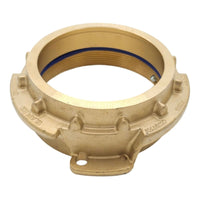
-
 Toggle Couplings
Toggle Couplings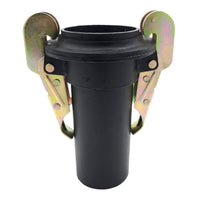
-
 URT Couplings
URT Couplings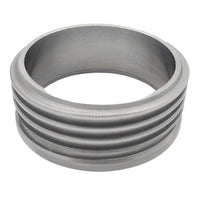
-
 Wilcox Couplings
Wilcox Couplings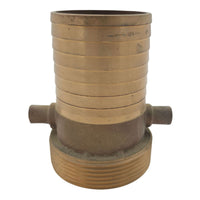
-
 Aluminium Fittings
Aluminium Fittings
-
 Mild Steel Fittings
Mild Steel Fittings
-
 Polypropylene Fittings
Polypropylene Fittings
-
 Stainless Steel Fittings
Stainless Steel Fittings
-
 Hose Carriers
Hose Carriers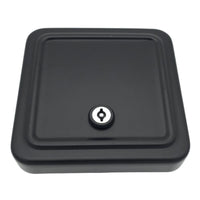
-
 Hose Carrier Brackets
Hose Carrier Brackets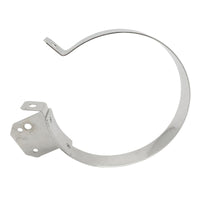
-
 Hose Carrier Locks
Hose Carrier Locks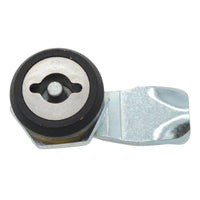
-
 Hose Carrier Keys
Hose Carrier Keys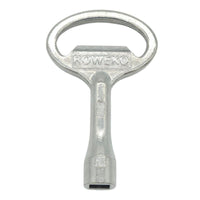
-
 Hose Carrier Accessories
Hose Carrier Accessories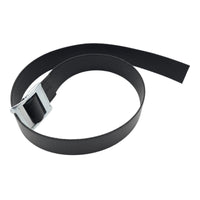
-
 Air Shut Off Valves
Air Shut Off Valves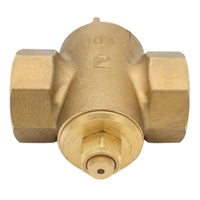
-
 Ball Valves & Accelerators
Ball Valves & Accelerators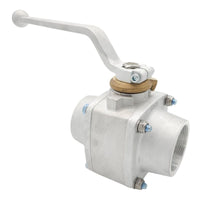
-
 Butterfly Valves
Butterfly Valves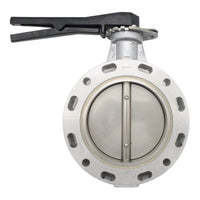
-
 Diaphragm Valves
Diaphragm Valves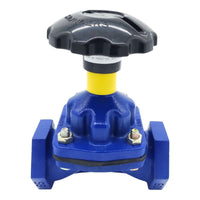
-
 Gate Valves
Gate Valves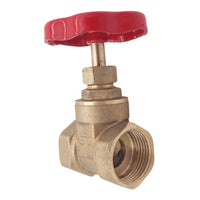
-
 Non Return Valves
Non Return Valves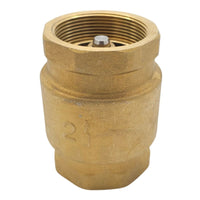
-
 Pinch Valves
Pinch Valves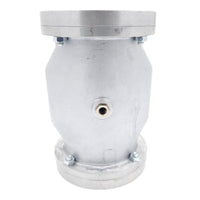
-
 Pressure Relief Valves
Pressure Relief Valves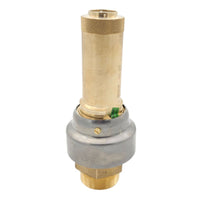
-
 Universal Joints
Universal Joints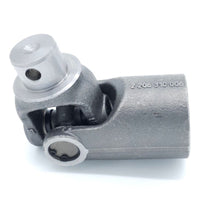
-
 Aeration Pads
Aeration Pads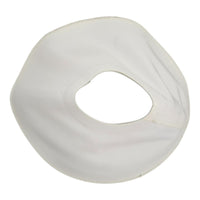
-
 Aeration Socks
Aeration Socks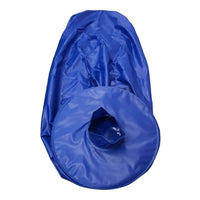
-
 Aeration Valves
Aeration Valves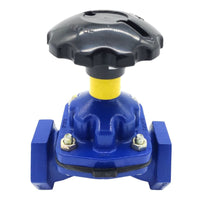
-
 Air Filters
Air Filters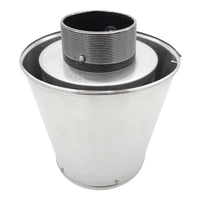
-
 Compressor Filters
Compressor Filters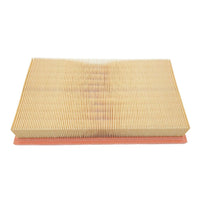
-
 Vent Silencers
Vent Silencers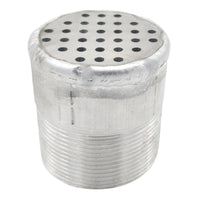
-
 Discharge Elbows
Discharge Elbows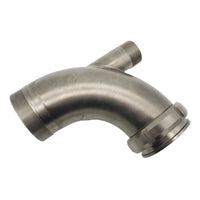
-
 Discharge Bowl Flange
Discharge Bowl Flange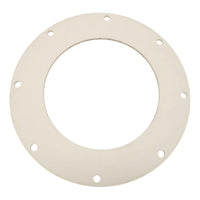
-
 Drain Pots & Outlet Connection
Drain Pots & Outlet Connection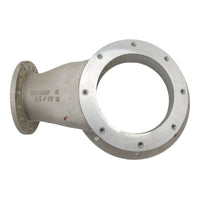
-
 Flanges
Flanges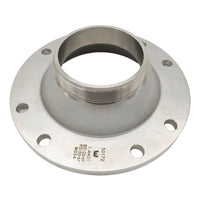
-
 Manlid & Accessories
Manlid & Accessories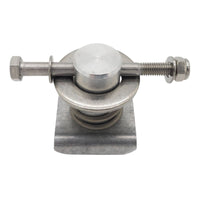
-
 Material Line
Material Line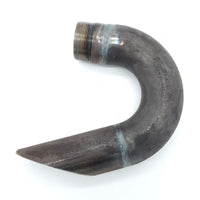
-
 Sight Glasses
Sight Glasses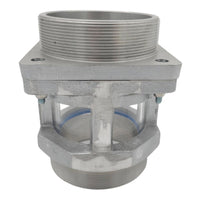
-
 Accessories
Accessories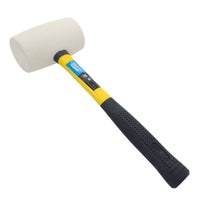
-
 Air Manifold
Air Manifold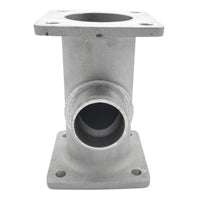
-
 Anti Static & Earthing
Anti Static & Earthing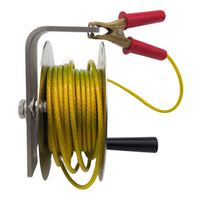
-
 Gas Struts & Pneumatic Cylinders
Gas Struts & Pneumatic Cylinders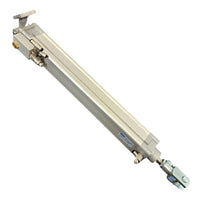
-
 Gauges & Thermometers
Gauges & Thermometers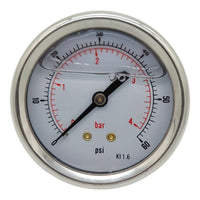
-
 Handrail & Catwalk Parts
Handrail & Catwalk Parts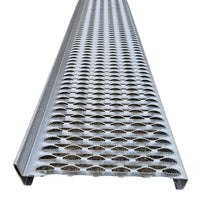
-
 Information Holders
Information Holders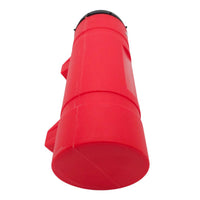
-
 Lighting & Electronics
Lighting & Electronics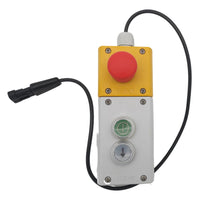
-
 Load Security
Load Security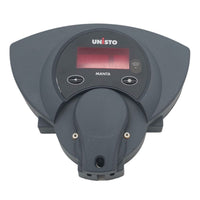
-
 Locks & Catches
Locks & Catches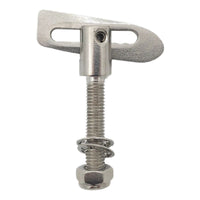
-
 Sensors
Sensors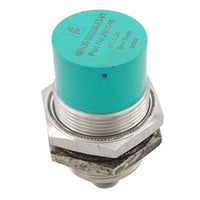
-
 Air Tanks
Air Tanks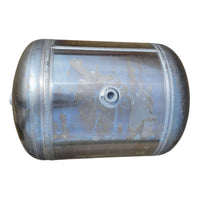
-
 Axle Catch Ropes
Axle Catch Ropes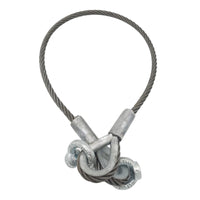
-
 Bumpers, Brackets & LED
Bumpers, Brackets & LED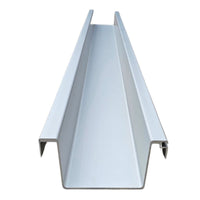
-
 Landing Leg Brackets
Landing Leg Brackets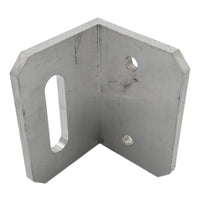
-
 Mudguards & Brackets
Mudguards & Brackets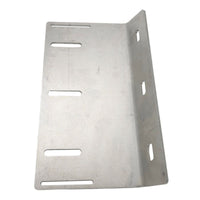
-
 Side Guards
Side Guards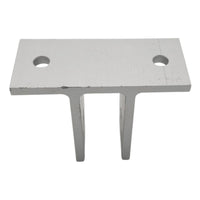
-
 Tool Boxes
Tool Boxes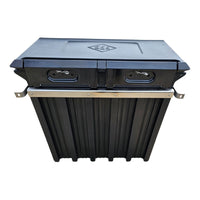
-
 Air Filter Indicators
Air Filter Indicators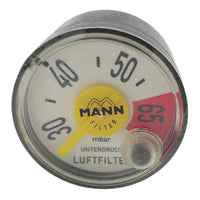
-
 Control Panel
Control Panel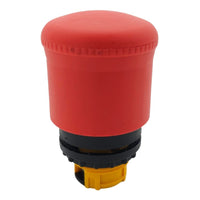
-
 Drive Couplings & Clutches
Drive Couplings & Clutches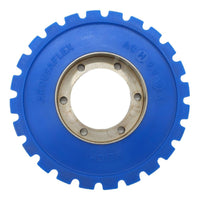
-
 Electric Tip
Electric Tip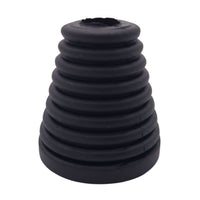
-
 Engine Mountings
Engine Mountings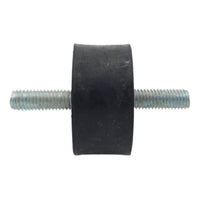
-
 Fuel Tanks
Fuel Tanks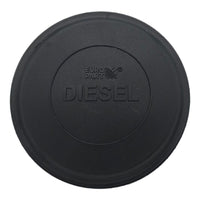
-
 Hand Throttle
Hand Throttle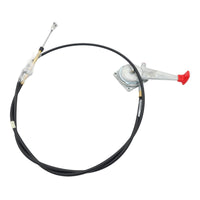
-
 JCB & Yanmar
JCB & Yanmar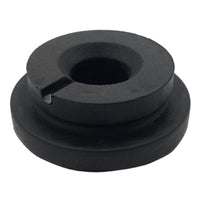
-
 PTO / Hydraulic
PTO / Hydraulic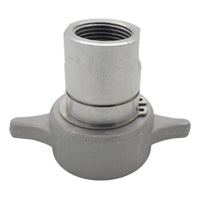
These hoses are made from materials that are resistant to the aggressive nature of fatty foods and can withstand repeated cleaning and sanitisation processes. Here are some of the benefits of using fatty food hoses:
-
Safety and Compliance: Fatty food hoses are made from materials that comply with food safety regulations, ensuring that the transferred food products remain safe for consumption.
-
Chemical Resistance: These hoses are designed to resist the fats, oils, and chemicals commonly found in fatty foods. This resistance prevents the hose from deteriorating, ensuring long-lasting performance.
-
Temperature Resistance: Fatty food hoses can handle a wide temperature range, making them suitable for both hot and cold applications, such as hot oil transfer or cold milk transfer.
-
Ease of Cleaning: These hoses are designed for easy cleaning and sanitization, ensuring that they meet hygiene standards and prevent contamination of the transferred food products.
-
Durability: Fatty food hoses are typically made from robust materials like silicone, rubber, or polyurethane, which resist wear, abrasion, and kinking. This ensures their durability and long service life.
-
Flexibility: These hoses are often flexible, allowing for easy handling, installation, and routing around obstacles. Their flexibility also helps prevent damage from bending or twisting.
-
Customization Options: Fatty food hoses are available in various sizes, lengths, and materials to meet specific application requirements. They can be customized with specialized fittings or covers to enhance their performance or compatibility.
-
Efficient Food Transfer: Fatty food hoses enable efficient transfer of fatty or oily foods from one location to another, improving productivity and reducing labor costs compared to manual transfer methods.
-
Reduced Downtime: Their resistance to fats, oils, and chemicals, combined with their ease of cleaning and durability, reduces the need for frequent hose replacements and maintenance, minimizing downtime.
-
Environmental Protection: By preventing leaks and spills, fatty food hoses help protect the environment from potential contamination.
It is essential to choose the appropriate fatty food hose for your specific application, considering factors such as the type of food, operating temperature, pressure, and installation requirements. Proper installation, maintenance, and regular inspections are also crucial to ensure the safe and efficient operation of fatty food hoses.

Subscribe to our emails
Be the first to know about our new products including hoses, couplings, clips, clamps & tanker parts.

